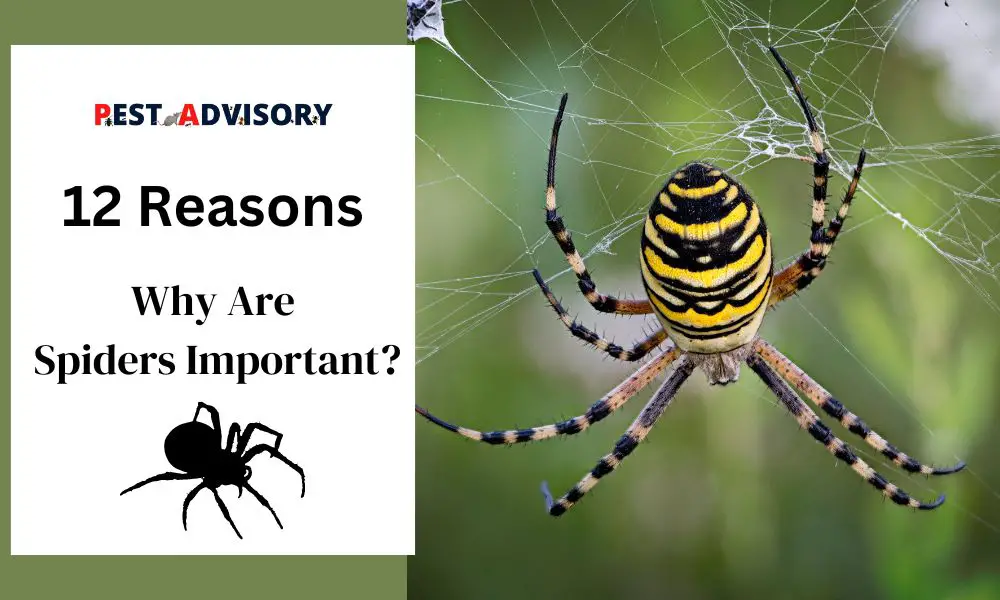One of the most common phobias is arachnophobia or the fear of spiders. Most spiders are venomous, so that fear is justified. In humans, certain forms of venom can cause major health problems.
Most spiders, on the other hand, prefer to keep to themselves and do not strike without justification. Their presence is more useful than destructive on the globe.
12 Reasons why Spiders are Important to Humankind and The Ecosystem
1. Spiders Devour Bugs in the Home
Ants, roaches, flies, and other insects can make your home a shelter for them. These pests are eaten by spiders, so your home will not become overrun with insects. Spiders also consume each other, which helps to keep their numbers in check.
Long-legged cellar spiders have also been reported to attack dangerous spiders like black widow spiders.
2. Spiders Are Beneficial to Agriculture
Agriculture is vital to the world’s survival. We need crops to nourish ourselves, but we also need crops to feed the animals we eat.
Pests such as aphids and caterpillars can be found in the fields. These insects are eaten by spiders, which keeps the harvests healthy.
Spiders, according to Norman Platnick of the American Museum of Natural History, keep all of our crops from being “consumed.”
These organisms may also aid in the development of more effective and safer pesticides. Vestaron, a biotech firm, has been working on a ‘biopesticide’ based on funnel-web venom for years.
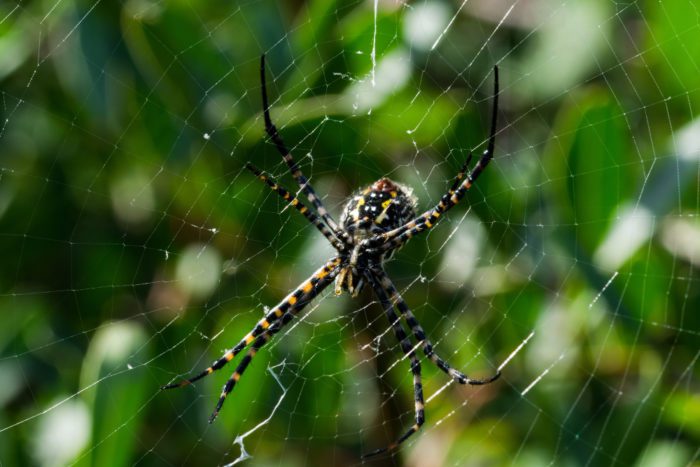
3. Spiders Are Beneficial to Gardens
Spiders can also assist small-scale gardeners, particularly those who are committed to organic gardening. Instead of using chemicals to control pests, let spiders eat moths, mites, aphids, weevils, and other insects.
Other organisms (such as ladybugs and birds) consume plant pests as well, but studies show that spiders are the most effective hunters.
4. Spiders Prey on Disease-Carrying Insects
Insects aren’t just a nuisance when they invade your home or yard. They also frequently carry dangerous diseases.
Plagues, typhoid, cholera, and other diseases are spread by fleas, flies, and cockroaches. Mosquitoes also transmit diseases (such as malaria), which kill more people every year than any other species.
Spiders spin webs that are extremely effective at catching little insects and preventing diseases from spreading.
5. Spiders as indicators of Environmental Health
The presence of spiders in an ecosystem can indicate a healthy environment. Spiders are sensitive to changes in their habitat, so a decline in spider populations could be a sign of environmental damage, such as habitat destruction or pesticide use.
On the other hand, an increase in spider populations could indicate a healthy ecosystem with plenty of food and suitable habitats. Therefore, monitoring spider populations can be an effective way to assess the health of an ecosystem and identify potential environmental problems before they become severe.
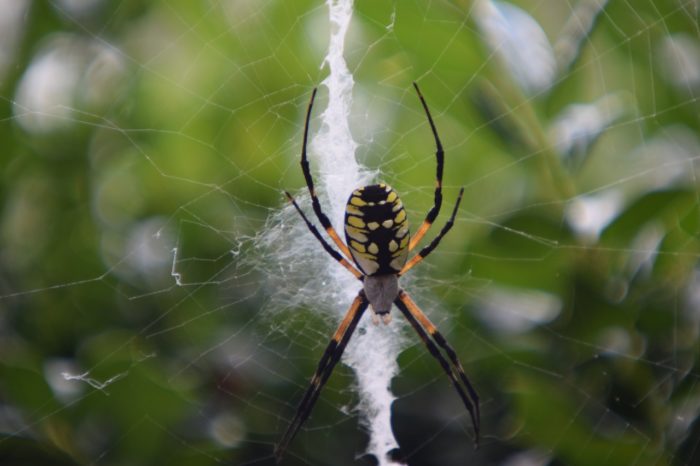
6. Spider Venom Can Be Used To Treat Some Ailments
Although most spiders produce venom, only a few species are harmful to humans. The venom of the black widow spider causes nausea, muscle aches, and death in some people, but scientists are looking into its medical benefits.
Venom is found in black widow eggs and spiderlings. The venom’s effect on cancer cells appears to be promising. The Fraser Island funnel-web spider has venom that contains a chemical that helps to prevent brain strokes.
7. Spider Venom May Be Able To Take The Role Of Opioids
Thousands of people die each year as a result of the opioid crisis. Many experts have been searching for a less addicting alternative as a result of this catastrophe. It may be found in spider venom.
Yale University published a study in 2014 that described how to sift through millions of spider toxins to discover the ones that are best suited to painkiller medications. Tarantula venom molecules hold a lot of promise.
Scientists at the University of Queensland engineered a pain-killing protein from the venom of a Chinese bird spider (a species of tarantula). It has yet to be tried in people, although it appears to work in mice.
8. Spider Silk Has Therapeutic Properties As Well
The venom of a spider isn’t the only portion of it that has the ability to heal. Spider webs were once used to treat soldiers’ wounds by the Greeks and Romans. Why? Silk is a protein-based material that is biocompatible and does not cause allergies.
Silk’s potential in wound care is still being researched by experts today. A team in the United Kingdom developed synthetic spider silk “bandages” with an antibiotic component.
9. Spider Silk is an Inspiration For Engineers
There’s more to spider silk than meets the eye. Scientists are working with lab-made silk that might be used in bullet-proof clothing, parachutes, nets, and other applications after closely scrutinizing the genuine thing.
If large-scale production of this silk is achievable, it could eventually replace Kevlar. Why are spider webs so difficult to harvest naturally? Farming isn’t a viable approach for mass production since spiders devour each other.
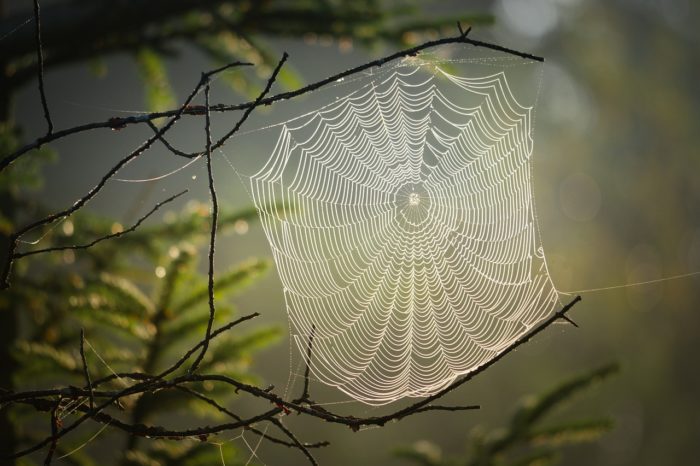
10. Spiders Provide Food For Other Creatures
Spiders are crucial in the circle of life because they provide food for other species. Lizards, birds, and fish are among its main predators. Spiders are a useful food source for mammals in desert settings.
Humans, too, consume spiders. In locations like Cambodia, they’re considered a delicacy rather than a necessary food source. However, when the world’s food supply becomes more scarce, eating spiders may become more common.
11. Important Role of Spiders in the Environment
Biodiversity is critical for the planet’s survival. Except for Antarctica, spiders can be found everywhere on the planet. They play an important role in managing insect populations in every ecosystem in which they live.
If spiders disappeared, it would cause a cascade of problems that would harm and ultimately destroy the world as we know it.
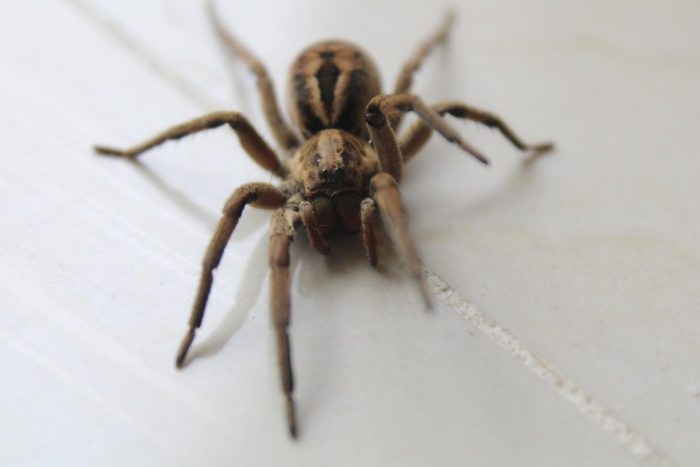
12. Significance of Spiders in Mythology and Culture
Spiders have played a significant role in many cultures and mythologies throughout history.
In Greek mythology, the goddess Arachne was turned into a spider by the goddess Athena after boasting about her weaving skills.
In some Native American cultures, spiders are seen as symbols of creativity and wisdom, while in African folklore, the spider is a trickster figure.
In many cultures, spiders are associated with weaving and are considered to be the creators of the intricate patterns found in spider webs. Spiders continue to fascinate and inspire people today, both as symbols and as real-life creatures.
Measures to protect the Population of Spiders
Spiders play a vital role in controlling pest populations and maintaining a healthy ecosystem. Therefore, protecting spider populations is crucial for preserving the biodiversity of the planet and maintaining a healthy environment.
Measures to protect spiders can include
- Habitat loss and fragmentation due to human activities such as deforestation, urbanization, and agriculture
- Climate change, which can alter the distribution and abundance of spider species
- Pesticide use can harm spider populations and their prey
- Introductions of non-native species, which can outcompete or prey on native spider populations
- Overexploitation, such as the collection of spiders for the pet trade or for use in traditional medicine
Some Interesting facts about Spiders
- Spiders can eat up to twice their body weight in a single day
- Some species of spiders can live up to 25 years
- Spiders have hydraulic legs, which allow them to jump up to 50 times their body length
- A single spider web can contain up to 40,000 individual threads
- Spiders are found on every continent except Antarctica
- The venom of some species of spiders can be used to make anti-venom to treat spider bites
- Some spiders can change color to blend in with their surroundings
- The world’s largest spider by leg span is the Goliath Birdeater, which can grow up to 12 inches across
- Spiders do not have antennae or wings, but they have excellent senses and can detect vibrations in their environment
- Some spiders are social creatures and live in colonies, while others are solitary and prefer to live alone.
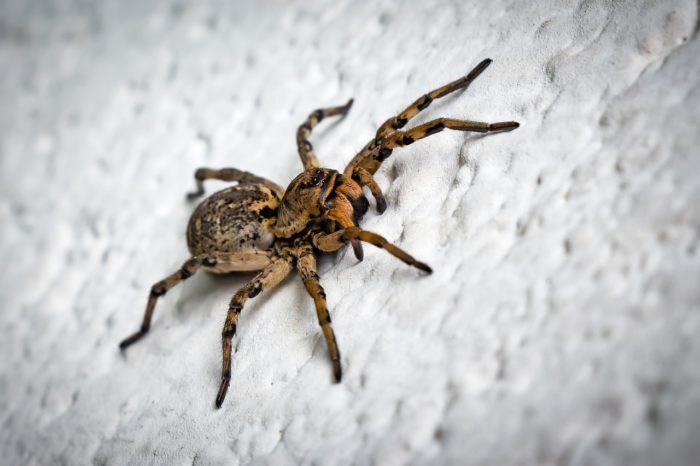
Conclusion
Spiders are an integral part of our ecosystem. They play many important functions in our environment. Hence, it is necessary that we understand this.
We hope we were able to educate you on the various important roles played by spiders in our ecosystem.
